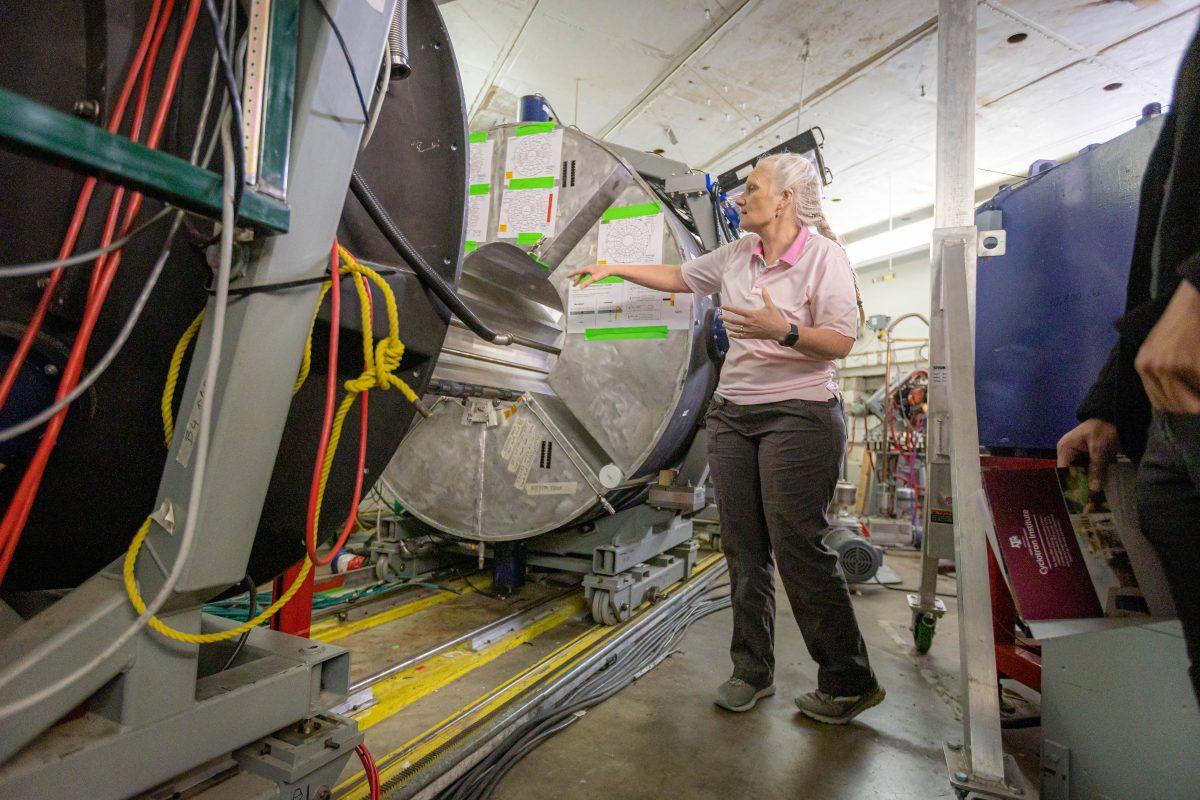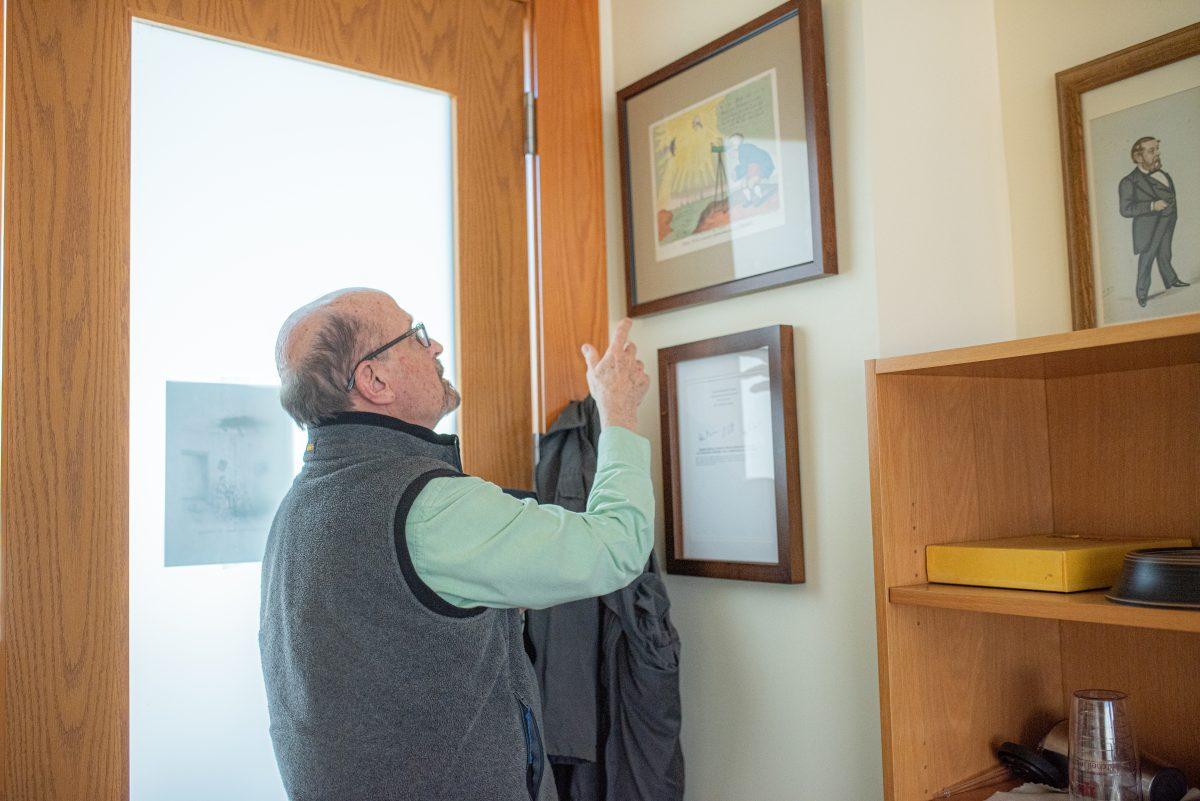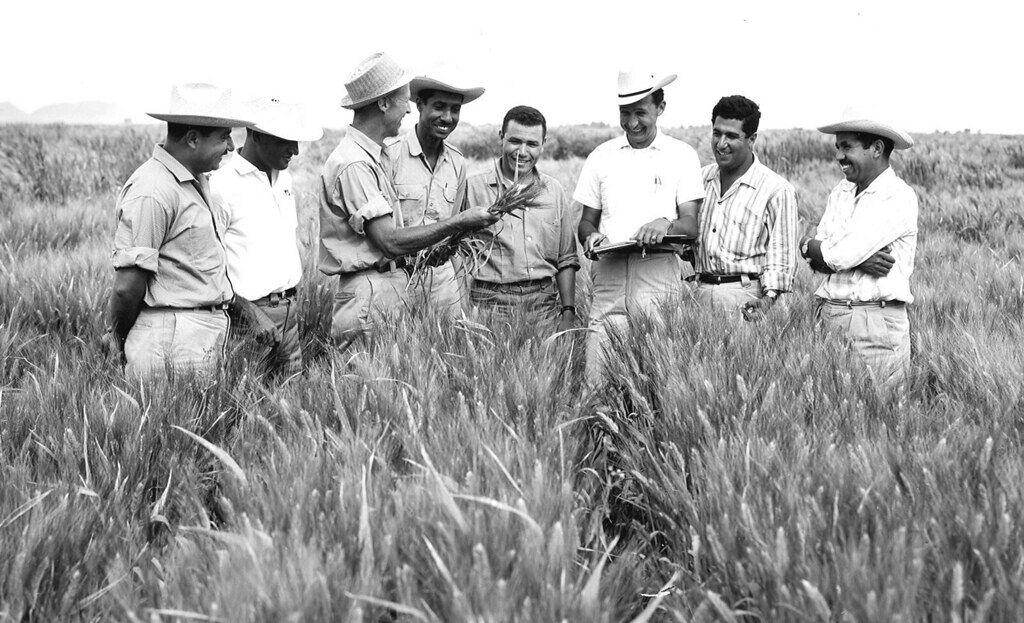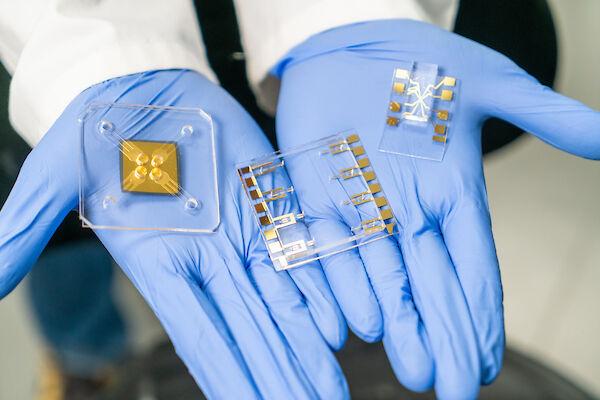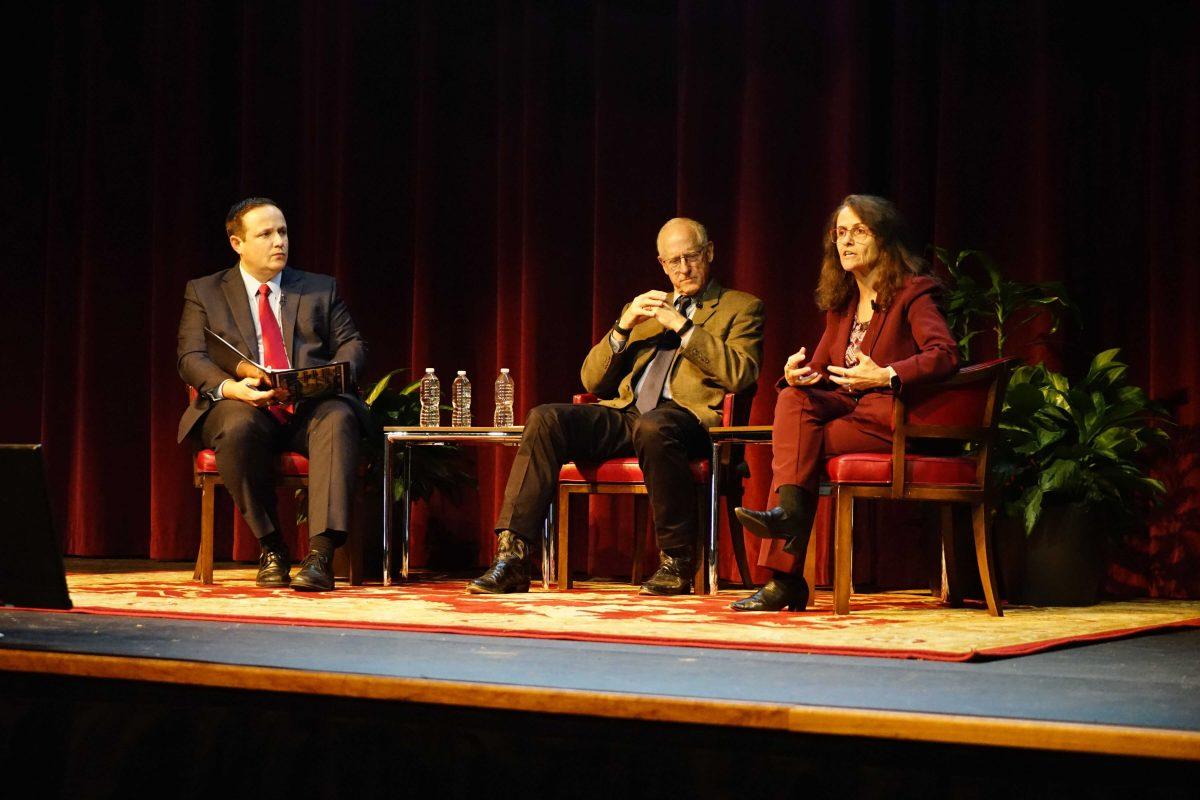At the upcoming One Health seminar, Texas A&M researchers will showcase their studies on the resistance of microorganisms to modern medicine.
Antimicrobial resistance is the ability of a microorganism to fight off a drug that was originally effective in treatment. Examples are bacteria or viruses that produce different strains that are not affected by certain treatments. These resistant microorganisms are able to withstand antimicrobial drugs.
At Thursday’s seminar, Jaye Weston, assistant professor in the College of Pharmacy Texas A&M Health Science Center, said in his five minute talk he will give an overview on the management of antimicrobial resources, the impact of treatment shortages on patients and the relationship between immunizations and community trust.
Antimicrobial resistance has the potential to affect everyone, both directly and indirectly, Sara Lawhon, associate director of clinical microbiology in the College of Veterinary Medicine & Biomedical Sciences, said.
“Because of the breadth of research at Texas A&M University and within Texas A&M System Member institutions, we have significant opportunities to contribute to our understanding of antimicrobial resistance and how resistance is transmitted among animal and human populations as well as the importance of the environment — both natural and built environments — in antimicrobial resistance,” Lawhon said.
Lawhon said she hopes people will walk away from the panel discussion with a healthy appreciation for the One Health Implications of antimicrobial resistance and the role everyday people play in combating antimicrobial resistance in daily life.
“We all play a part in the fight against drug-resistant bacteria even with simple things like not pressuring your doctor for an antibacterial drug when you likely have a viral infection or being judicious when you are at the grocery store deciding between the antibacterial hand soap and regular hand soap,” Lawhon said.
Antimicrobial resistance does not only affect humans. Lawhon said her research focuses mainly on antimicrobial resistance in animals.
“For this panel discussion, my portion will focus on antimicrobial resistance in companion animals — primarily dogs, cats and horses — and the implications of resistance in those bacteria for human health,” Lawhon said.
Lawhon said the seminar highlights the impact of Texas A&M research.
“Antimicrobial resistance can impact not only how well a patient — both human and veterinary — responds to treatment when in the hospital, but can impact ecosystem health, food production, water quality and many other things as well,” Lawhon said.
The seminar will be held from 5-6 p.m. Thursday at the Texas A&M Institute for Preclinical Studies Auditorium (TIPS). The seminar is open to everyone.
Resistance is futile’: Lecture to hit on antimicrobial research
January 27, 2015
Donate to The Battalion
Your donation will support the student journalists of Texas A&M University - College Station. Your contribution will allow us to purchase equipment and cover our annual website hosting costs.

















